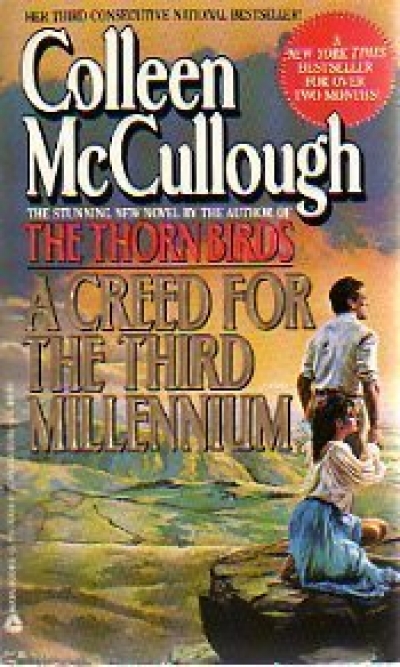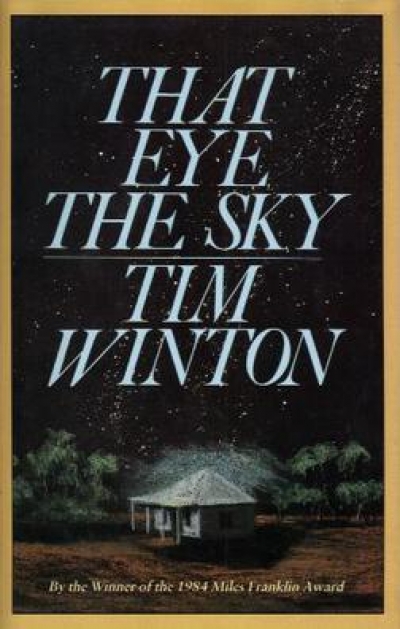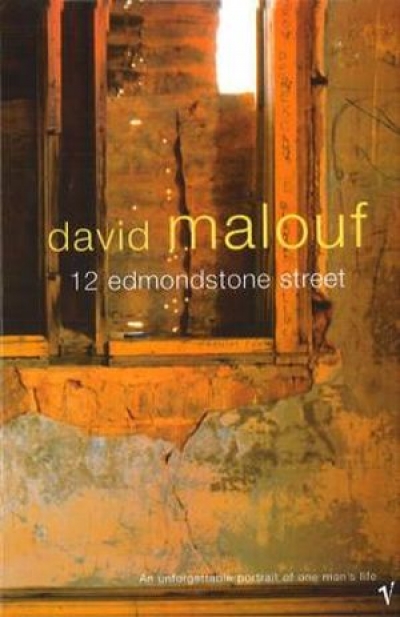Archive
Sign up to From the Archive and receive a new review to your inbox every Monday. Always free to read.
Recent:
As managing direction of the English publishing house, Chatto & Windus, expatriate Australian Carmen Callil has been described as the bête noire of Australian publishing. She had been invited to Australia for Writers Week at the Adelaide Festival. She left slightly annoyed and hurt that she had been cast in a predatory role when her interest in Australian writing stemmed from her own sense of Australianness.
... (read more)Boy with A Telescope by Jan Owen & The Twofold Place by Alan Gould
Are we in Sydney or Singapore this January? Tinsel Town gives off the same driving ram, the same steamy conditions as the city-state shaking on its financial foundations. Some days of course the sun shines, the beaches are bright with bikinied or semi-bikinied naiads and the surf patrols strut. However, it is Tinsel Town as described by its literati that has kicked the year off with a bang.
... (read more)Melbourne has Moomba and Melbourne Cup week. Sydney and Perth have cultural festivals. And so, pre-eminently, does Adelaide. Even from the backblocks of Melbourne, Adelaide Writers’ Week stirs up a real thrill.
... (read more)









